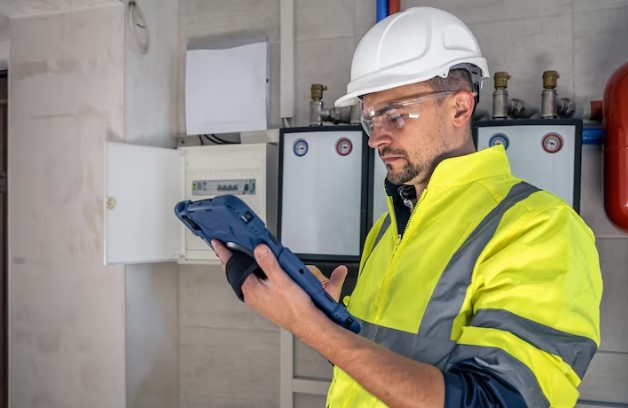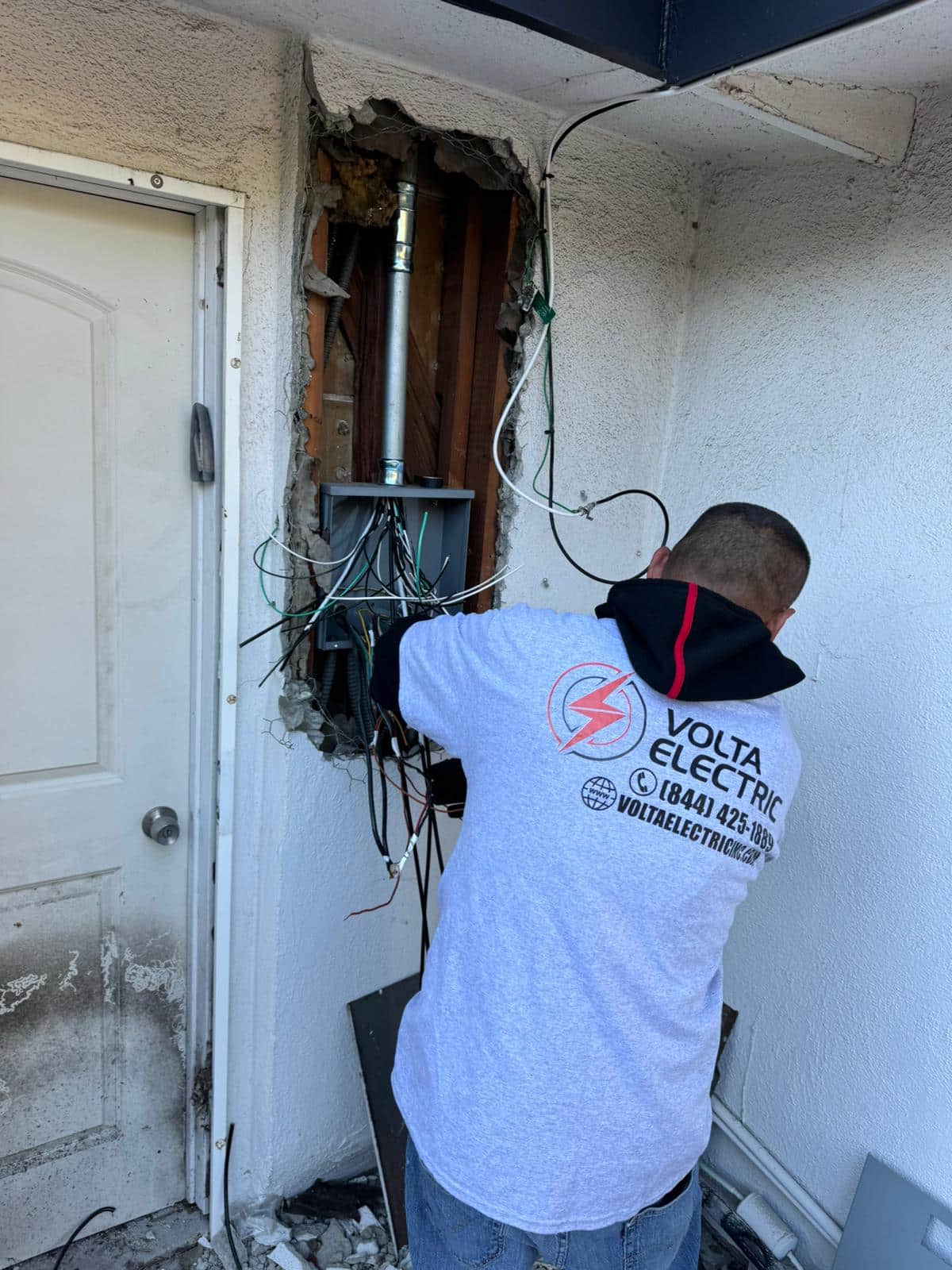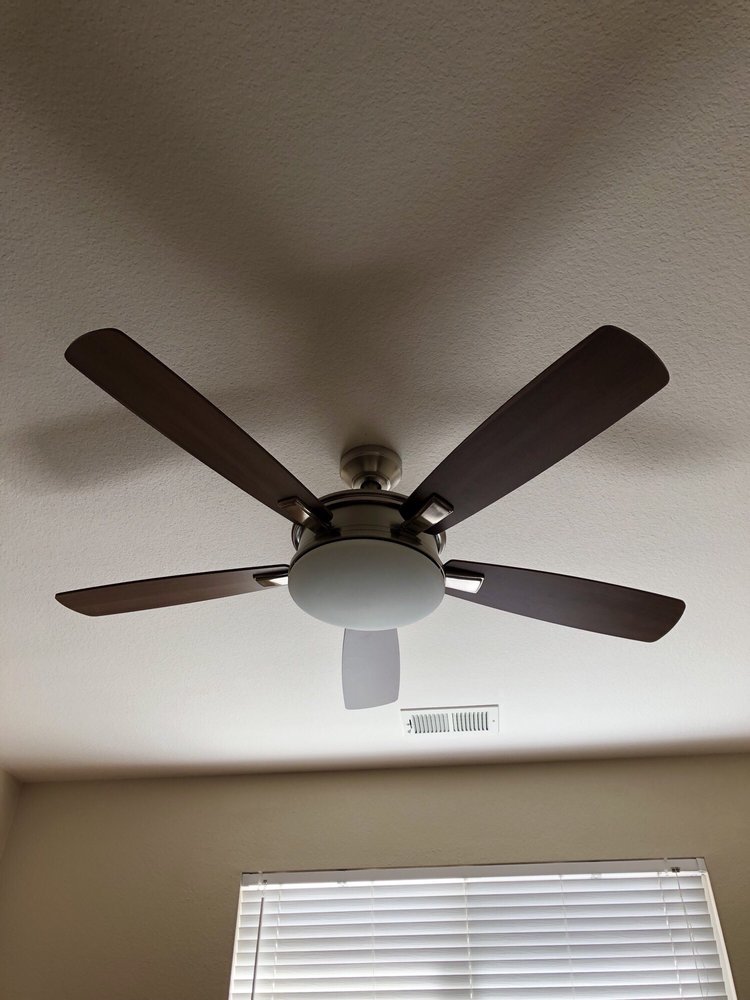As we go about our daily lives, electricity is an essential component that powers everything from the lights in our homes to the devices we use for work and leisure. However, behind every electrical installation and system is a team of professionals who ensure that it is safe, reliable, and compliant with regulations.
Electrical contractors play a critical role in this process as they are responsible for designing, installing, maintaining, and repairing electrical systems in residential, commercial, and industrial settings. To ensure safety and compliance with regulations is no easy feat as the field of electrical contracting is complex and constantly evolving.
Nevertheless, electrical contractors must remain up to date with industry standards, technology advancements as well as regulatory requirements to deliver quality solutions that meet their clients’ needs while safeguarding public safety.
This article delves into how electrical contractors ensure safety and compliance with regulations by obtaining necessary licenses and certifications, staying abreast of industry developments while navigating the complex web of regulations and safety standards.
Obtaining Necessary Licenses and Certifications
Electrical contractors must obtain all necessary licenses and certifications in order to meet regulatory requirements and ensure safe and compliant electrical installations. These licenses and certifications are granted by the government or professional organizations, and they serve as a guarantee that the contractor has met certain standards of knowledge, skill, and experience.
In some cases, contractors may need to pass exams or complete formal training programs in order to obtain these credentials. The specific licenses and certifications required can vary depending on the location of the project and the type of work being performed. For example, an electrician working on residential projects may need different credentials than one working on commercial or industrial projects.
It is important for contractors to keep track of which licenses are needed for each job they take on, as well as any renewals or updates required over time. By obtaining all necessary licenses and certifications, electrical contractors demonstrate their commitment to safety and compliance with regulations, which can help them build trust with clients and establish themselves as reputable professionals in their field.
Staying Up to Date with Regulations and Technology
Staying informed on updates in technology and industry standards is crucial for maintaining a safe and efficient electrical operation.
Electrical contractors must stay up to date with the latest regulations, codes, and safety standards set by various entities such as government agencies, professional organizations, and manufacturers. This requires continuous education and training to ensure that their knowledge base is current and relevant.
In addition to staying informed on regulations, electrical contractors must also keep up with advancements in technology. New technologies are constantly emerging in the electrical industry, such as smart home systems or renewable energy solutions.
Contractors need to be knowledgeable about these new technologies to provide their clients with efficient and cost-effective solutions that align with industry best practices. By staying up-to-date on both regulation changes and technological advancements, electrical contractors can ensure they are providing safe and compliant services while remaining competitive in the market.
Navigating the Complex Web of Regulations and Safety Standards
Navigating the intricate network of regulations and standards in the electrical industry requires a constant effort to keep up with changes and updates. Electrical contractors must stay informed about national, state, and local regulations as well as safety standards set by organizations such as OSHA (Occupational Safety and Health Administration) and NFPA (National Fire Protection Association). Failure to comply with these regulations can result in serious consequences such as legal action, fines, or even injury or death.
To ensure compliance, electrical contractors must create a system for tracking all relevant regulations and safety standards. This includes regularly reviewing changes in laws or codes that may affect their work, attending training sessions on new technologies and practices, conducting regular inspections of job sites to identify potential hazards, and implementing procedures for dealing with emergencies.
It is also important for contractors to maintain accurate records of all work performed, including permits obtained, inspections conducted, and any violations found. By staying up-to-date with regulations and taking proactive steps to ensure safety compliance, electrical contractors can provide peace of mind to their clients while avoiding costly penalties.
What Qualifications Should You Look For In An Electrical Contractor?




